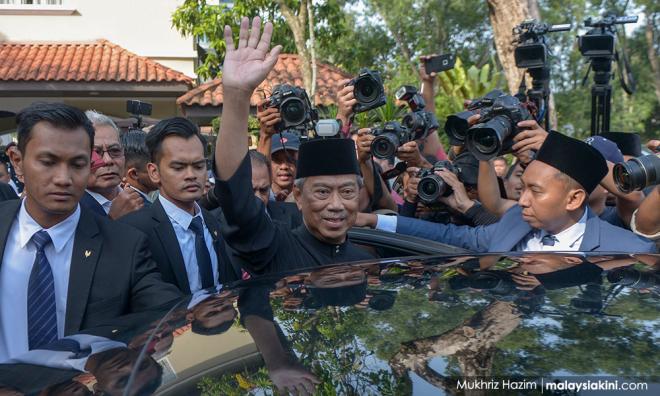
There is a popular joke among accountants. If we ask them what is two plus two, accountants who are straight and honest would say the answer is four, while crook accountants would say the answer would depend on what we prefer.
If we look at events unfolding in our country today, many of the questions we asked would probably get the same answers as provided by crook accountants – there is no right answer, it all depends.
Is certain action constitutional? Is it discretionary? Is it a prerogative? When is a no-confidence vote valid or invalid? Well, I think there is no right answer anymore. How we answer these questions is largely based on expediency and self-interest rather than enduring principles. At the rate we are going, our system of government will only get worse, not better.
When the constitution is interpreted in violation of fair play and people’s will, that interpretation will not last and soon the legitimacy of that government will be challenged.
When discretionary power is taken absolutely, how do we balance it with the need and aspiration of the people?
What about prerogative? When prime minister’s prerogative is taken literally, does this mean dictatorship? Our system of government says he is only “first among equals”. Can he really appoint anyone he likes as a cabinet minister or decide unilaterally when to allow a no-confidence vote?
When constitutional interpretation, discretion and prerogative are exercised without taking into consideration justice and fairness, these decisions will eventually face challenges and problems.
I think the people, in general, know when interpretation, discretion and prerogative are carried out properly or improperly. The enduring principle must hinge on a government that is founded “of the people”, “by the people” and “for the people”.
"Of the people" refers to a government's composition. Is the government made up of people who come from the people?
"By the people" refers to who choose those people who make up the government. In other words, the government must make up of people chosen by the majority of people. Essentially, we must have a government comprised of common people who were chosen by the common people.
Finally, “for the people” is clear; the government must serve the interests of the people first and foremost.
Hence, we can choose to interpret the constitution whatever ways we want, we can define discretion and prerogative any way we like, the litmus test is whether a government so constituted is the government of the people, by the people and for the people. This is the crux of the matter. - Mkini



No comments:
Post a Comment
Note: Only a member of this blog may post a comment.